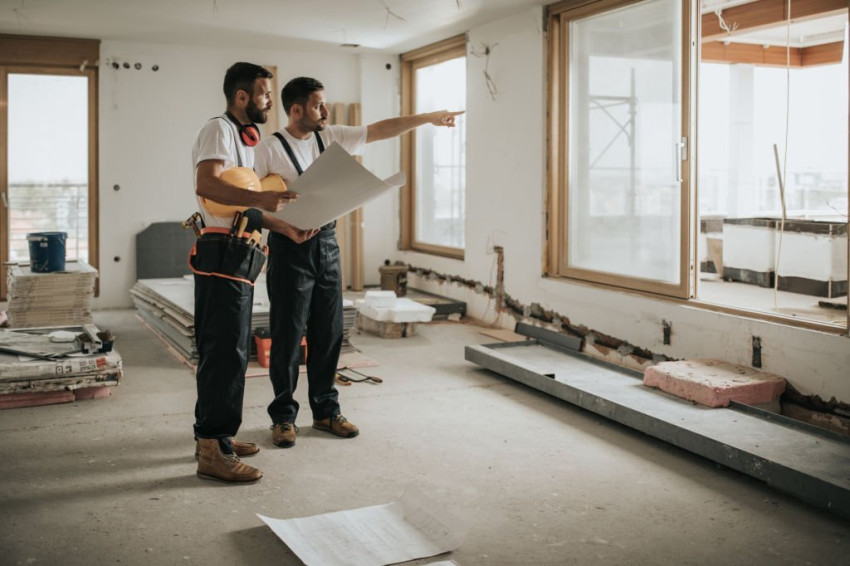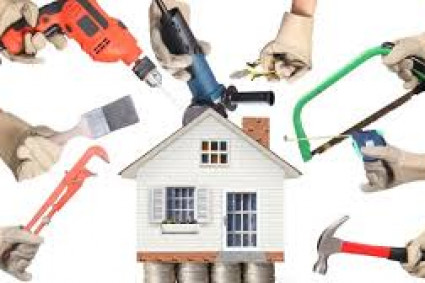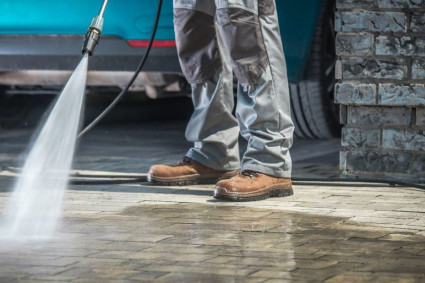
Whether you’re searching for an elegant estate in Buckhead or a modern loft in Midtown, an independent inspection provides critical insights before purchasing an Atlanta property. Navigating the metro’s diverse neighborhoods and housing stock means selecting experienced professionals who know key issues to flag across building styles, climate impacts, and demand-fueled renovations. Comprehensive inspections look beyond the surface to deliver home buyers' objective data and negotiating tools. Here’s an overview of inspecting homes in popular Atlanta markets.
Buckhead Home & Condo Inspections
In Atlanta’s most affluent district, multi-million dollar mansions sit alongside chic condominiums. High-dollar Buckhead homes deserve extra scrutiny.
Foundations:
The area’s thick, clay-rich soil often results in sinking foundations. Inspectors check for separation between walls, floors, and openings. Major cracks signal structural deficiencies.
Rooftop Features:
Complex roofs on luxury homes require close examination of specialty materials like slate, copper, and tile. Aging gutters also require maintenance to avoid water penetration.
Luxury Finishes:
Upscale fixtures and finishes like Sub Zero appliances, Italian marble, and exotic woods require specialized care and maintenance an inspector can recommend.
Plumbing Leaks:
Small leaks behind walls or under floors can go unnoticed for years, resulting in heavy damage. Inspectors use infrared cameras and moisture sensors to detect hidden water intrusion.
Security Systems:
Sophisticated systems have high repair costs. Inspectors test components like cameras, sensors, and alarms to confirm functionality.
HOA Restrictions:
Renovations and additions on condos/townhomes face strict HOA oversight. Verify upgrades comply with regulations and are properly permitted.
Rental Conversions:
As Buckhead investment properties proliferate, inspectors watch for illegal conversions circumventing safety regulations and taxes.
With Buckhead’s affluent market, high-end finishes, and frequent renovations, seasoned inspectors provide experienced, discerning eyes. Their evaluations justify prices and help avoid overpaying.
Midtown Loft & Condo Considerations
Transitioning warehouses and new high-rises characterize Midtown’s thriving condo scene. Dense mixed-use environments create unique inspection demands.
Sound Mitigation:
Hip locales by hot bars and restaurants get noisy. Inspectors ensure floor build-outs follow codes for sound deadening between units.
Ceiling Heights:
Former commercial spaces offer dramatic ceilings but high-mounted electrical, plumbing, and HVAC systems are difficult to maintain over time. Inspectors look for access issues.
Shared Infrastructure:
Multi-unit buildings share critical systems like boilers and chillers. Inspectors review service records and equipment age for expensive future replacements.
Parking Access:
Busy urban zones often provide minimal parking. Confirm sufficient deeded spaces and evaluate the ease of garage access for tenants and guests.
HOA Health:
With shared infrastructure, amenities, and finances, HOA strength is crucial. Request documents to verify solid reserves, maintenance plans, and community engagement.
Leaks Below:
Roof membrane breaches or plumbing leaks quickly damage multiple floors in high-rises. Inspectors check for water stains or damage inside units resulting from above-floor issues not immediately apparent.
On the surface, converted spaces highlight chic urban appeal. But inspectors dive deeper to expose functional flaws rooted in unconventional origins.
Intown Atlanta & Older Home Analysis
Inside the perimeter, historic and aging homes hold charming allure along with problematic quirks requiring close analysis.
Foundations:
Atlanta’s clay-heavy soils frequently cause sinking and shifting in older homes. Large cracks, separations, and unleveled floors indicate structural instability.
Plumbing Systems:
Inspectors scrutinize aging drain pipes and water supply lines prone to leaks and obstructions from encrustation and root overgrowth.
Roof:
Inspectors estimate remaining life for aging roofs which become increasingly prone to wind and water penetration as shingles wear.
Electrical:
Outdated panels provide inadequate capacity for high demand and lack modern grounding. Knob and tube wiring poses fire risks.
Insulation:
Pre-1980s homes often lack proper attic, wall, and underfloor insulation allowing energy loss and moisture intrusion. Recommend enhancements.
Asbestos and Lead:
Old flooring adhesives and paints may contain toxic compounds. Inspectors test areas of concern and provide abatement advice if found.
Hidden Defects:
Experienced inspectors are adept at noticing signs - floor slopes, drywall cracking, doorway gaps - that may evidence underlying issues concealed by layers of remodeling.
For older Atlanta homes, only inspectors with specialized knowledge spot deferred maintenance and lurking hazards beneath the surface. Their insights make vintage homes safer, and more efficient investments.
New Home Considerations
While less risky in some respects, new construction warranties don’t eliminate the need for inspections.
Workmanship:
Builder reputations vary and some cut corners. Inspectors ensure finishes and fixtures meet standards and identify sloppy work that could compromise function or durability.
Warranty Coverage:
Builders’ warranty periods and coverage details differ greatly. Have an inspector identify any concerning exclusions not covered.
Site Drainage:
Improper grades and drainage away from the foundation lead to water intrusion and structural damage over time. Inspectors check drainage slopes and downspout extensions.
Landscaping:
Builder-installed landscaping is often immature and poorly arranged. An inspector can advise soil amendments and mature plant enhancements to avoid deficiencies as the yard matures.
HVAC Design:
Ductwork design flaws such as tight bends, inadequate return vents, and duct sizing issues reduce system efficiency, which an inspector will catch.
New construction isn’t immune to oversights. Independent inspections provide extra assurance that builder work meets codes and quality metrics to avoid issues down the road after warranties expire.
Across Atlanta neighborhoods, home inspection Atlanta experts combine market-specific knowledge with technical tools to provide buyers with property insights that aid negotiations and prevent nasty surprises. Don’t underestimate their value in safeguarding your investment, whether in a Buckhead showplace or Downtown hotspot.




